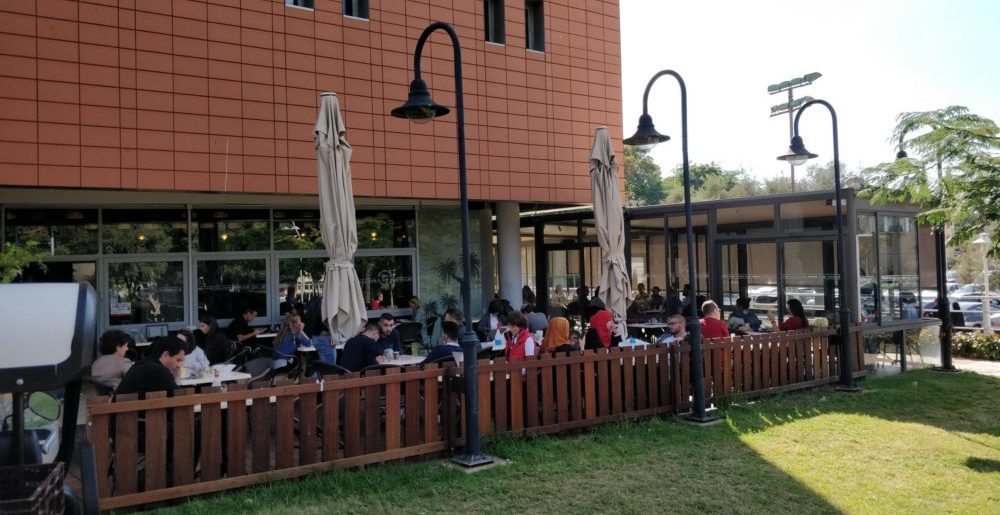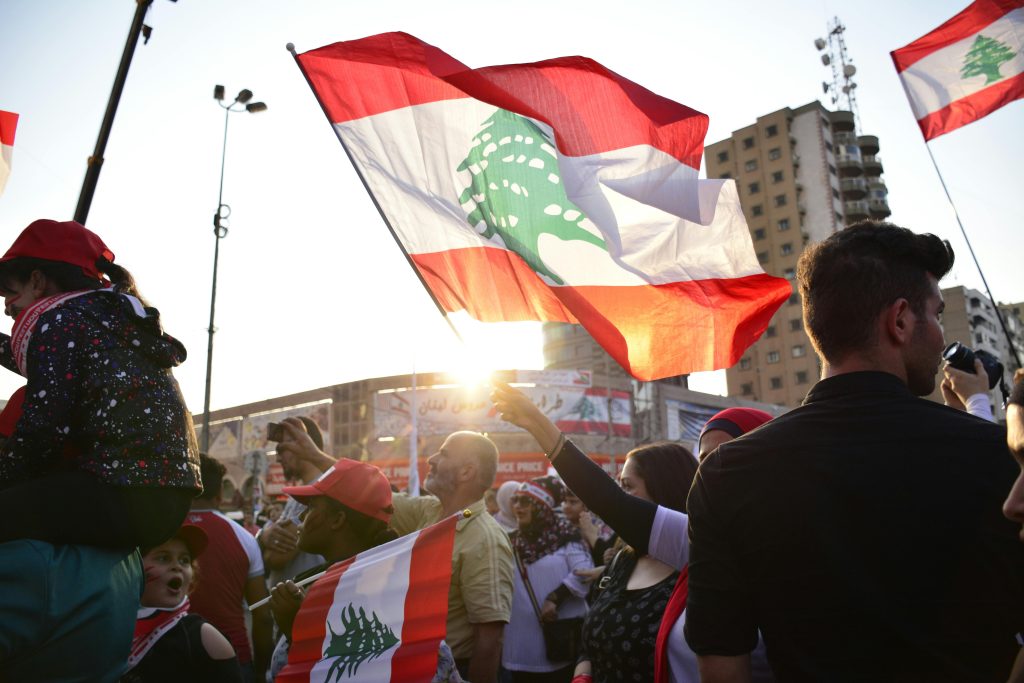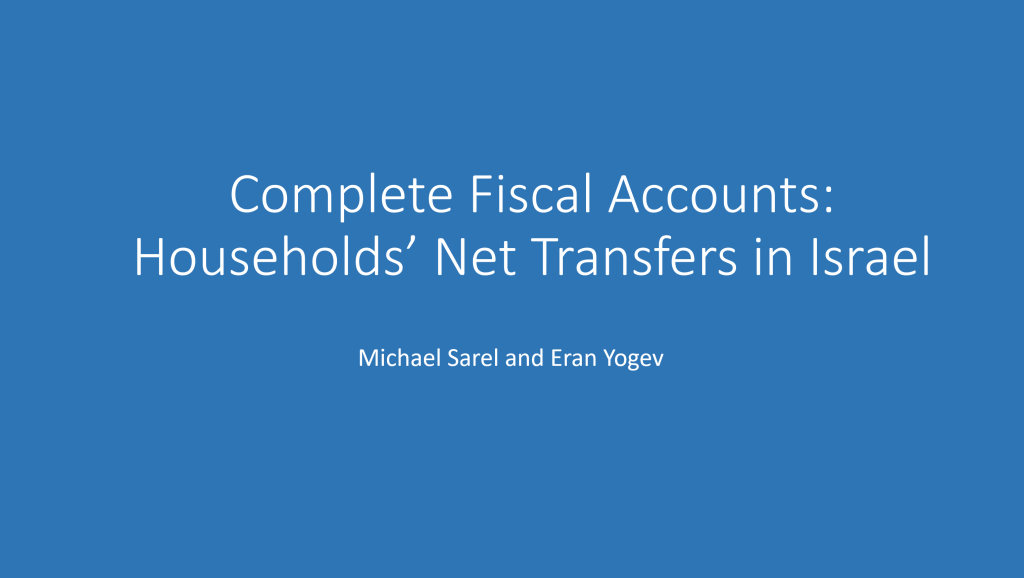The report by Amnesty International accusing Israel of apartheid—a likely preview of similar moves at the United Nations and the International Criminal Court—has been widely debunked, including in these pages. Yet what is remarkable about its 200 pages of distortions is the evidence of real apartheid-like policies that Amnesty leaves out. There are reasons to be concerned about the emergence of apartheid in the Holy Land—but not the ones Amnesty cites.
The defining characteristic of apartheid—what distinguishes it from generic racial discrimination—is the rigid separation of groups in public spaces and positions of power. This is the apart in apartheid.
Thus, a sign of apartheid could be a government policy that bans real-estate sales or transactions to the disfavored group. Apartheid is suggested by policies that carve out massive zones where the disfavored group cannot live or work, create ethnically homogenous zones, and restrict the disfavored group to ghettos. One might consider it apartheid if a government enforced a policy of extrajudicial execution of members of a disfavored group.
All these policies are practiced in the West Bank and Gaza—by the Palestinian Authority government against Jews. What makes the “Israel apartheid” meme particularly despicable is that is not just a lie, it is an inversion of the truth. In all areas controlled by Israel, Jews and Arabs mix openly. Yet the Palestinian Authority has for decades ruled over Gaza and about half the West Bank—and all the areas under its jurisdiction are Jew-free.
There isn’t a single Jewish community living anywhere under Palestinian control. This isn’t because of Jewish preferences. Jewish communities exist across the world; they would certainly exist 10 minutes from Jerusalem if it weren’t for the Palestinian Authority’s policies of excluding Jews and inciting violence and prejudice against them.
Palestinian law makes selling land to Jews a crime punishable by death, often without trial. Nor does the authority recognize any Jewish titles to private property. Last year a Palestinian religious official said on Palestinian TV that “this land is a pure right of its Muslim owners, the people of Palestine.” A senior Palestinian Authority figure said in an official publication, “Whoever sells real estate to the enemy . . . is considered a traitor to the religion, the homeland, and the people, and all those who commit this must be punished.”
In Israel, by contrast, Arabs enjoy full property rights, enforced by the courts against Jews. Perversely, Amnesty cites as an example of Israeli apartheid a series of legal proceedings in which Jewish property owners in the Jerusalem neighborhood of Sheikh Jarrah seek (thus far unsuccessfully) to evict squatters who happen to be Arab. In Amnesty’s alternate universe, Jews enforcing their property rights is apartheid; Jews being denied the right to own property isn’t. The South African government used death squads against blacks. The Palestinian government pays terrorists for killing Jews—the more people killed, the bigger the bounty. It regularly imprisons the few brave Palestinians who speak out against its policies.
In all the territories controlled by the Palestinian government, Jews are prevented from worshipping at their holy sites, despite explicit provisions in the Oslo Accords requiring the Palestinian Authority to protect such worship. When Jews manage to visit such shrines, they must come in the middle of the night under armed guard. And even in areas under Israeli control, like the Temple Mount—Jews’ holiest site—the Palestinian Authority prevents public Jewish prayer by threatening mass violence if Jews “defile” it with their “filthy feet,” in the words of President Mahmoud Abbas.
All this is part of a larger vision. The Palestinian Constitution defines Palestine as an exclusively “Arab nation,” with Islam the official religion and Arabic the sole official language. At the same time, Palestinian officials and educators deny any Jewish history or connection to Israel. In Israel, on the other hand, though it is the only Jewish-majority country in the world, Judaism isn’t the official religion. Both Hebrew and Arabic enjoy official status. Yet Amnesty claims that merely identifying as a “nation state” of a particular people is an apartheid practice—but only when it comes to Israel.
Apartheid is not merely a term of opprobrium, it is a crime created by and defined in international treaties. As a legal matter, while Ramallah’s treatment of Jews is discriminatory and violates human rights, it is impossible to say it formally qualifies as apartheid. The standard for apartheid has been set so high by the international community, that thus far only South Africa has been deemed a clear case. But by the standards implicit in Amnesty’s report, the Palestinian government is guilty.
First published in the Wall Street Journal (Feb 8, 2022)




